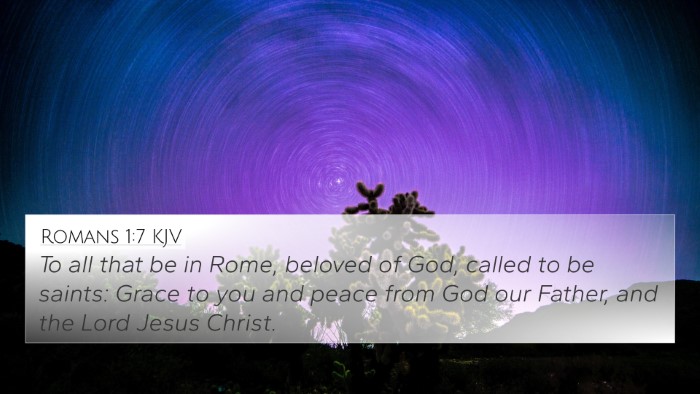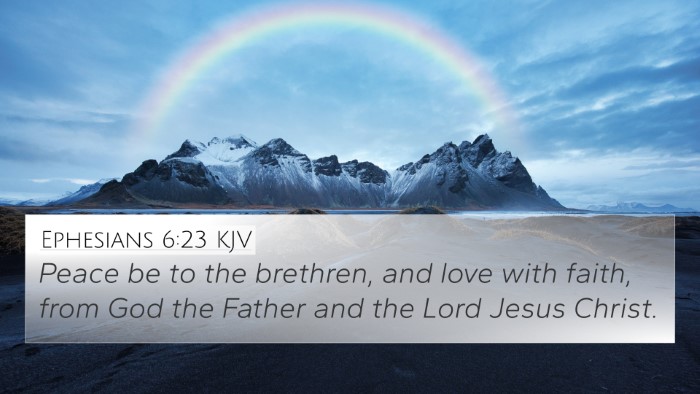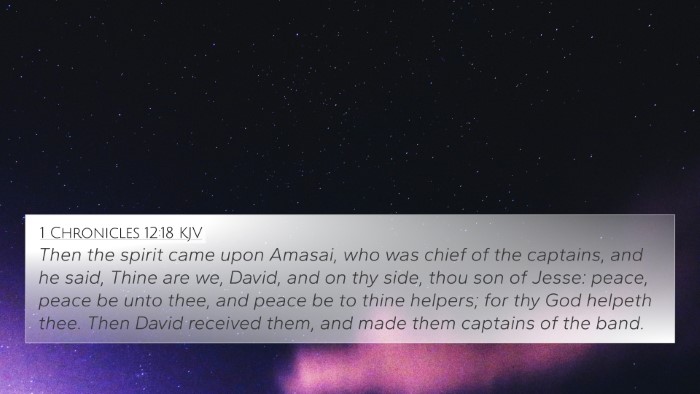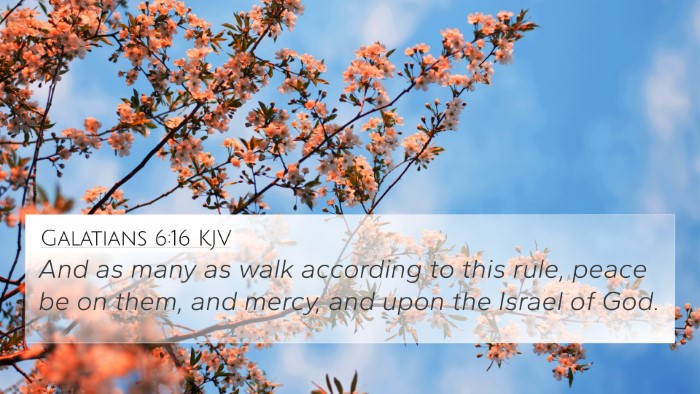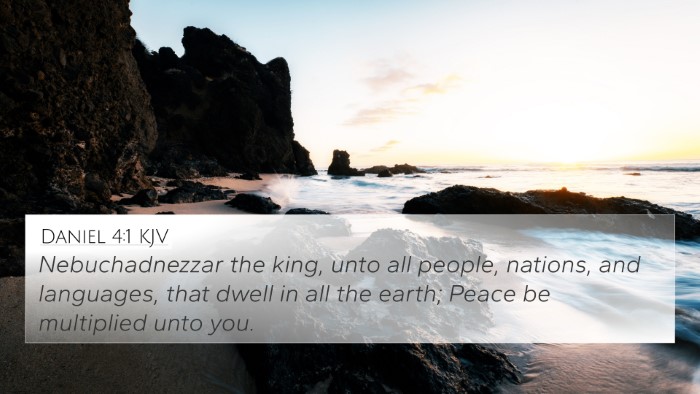Understanding 2 Corinthians 1:2
2 Corinthians 1:2 states, "Grace be to you and peace from God our Father, and from the Lord Jesus Christ." This verse serves as the epistolary greeting in Paul's letter to the Corinthians, encapsulating key themes of grace and peace that permeate his teachings. Below is a summarized interpretation based on public domain commentaries:
Grace and Peace Defined
According to Matthew Henry, the greeting emphasizes the fundamental Christian principles of grace and peace, which are pivotal in understanding the believer's relationship with God. Grace, the unmerited favor of God, initiates this relationship, while peace reflects the reconciled state between God and humanity.
Albert Barnes adds that grace can be both spiritual and material, suggesting that believers receive blessings in both realms. The mention of peace signifies an inner tranquility that stems from faith in God's promises.
Adam Clarke interprets this verse as not merely a conventional salutation but as an impartation of divine blessing. He notes that the dual focus on God the Father and Jesus Christ highlights their unified nature in bestowing this grace and peace.
The Trinitarian Aspect
This verse showcases the relationship between the Father and the Son, affirming the deity of Jesus Christ. Barnes points out that by naming both God the Father and the Lord Jesus Christ, Paul underscores the importance of both figures in the Christian faith. It highlights the theme of the Trinity, which is central to understanding Christian doctrine.
Contextual Application
Paul's greeting also sets the tone for the entire letter, which addresses suffering, comfort, and ministry. Matthew Henry discusses how this greeting is a precursor to Paul's reflections on suffering and consolation, indicating that believers can rely on divine grace and peace during trials.
Cross-References
2 Corinthians 1:2 can be cross-referenced with the following Bible verses, which help deepen the understanding of its themes:
- Ephesians 1:2 - "Grace be to you, and peace, from God our Father, and from the Lord Jesus Christ." This reinforces the formula of grace and peace in Pauline letters.
- Philippians 1:2 - "Grace be unto you, and peace, from God our Father, and from the Lord Jesus Christ." Similar salutation fostering unity and peace in the community.
- Romans 1:7 - "Grace to you and peace from God our Father, and the Lord Jesus Christ." Illustrates the continuity of greeting themes across Paul's epistles.
- Colossians 1:2 - "To the saints and faithful brethren in Christ which are at Colosse: Grace be unto you, and peace, from God our Father and the Lord Jesus Christ." Demonstrates commonality in Apostle's approach to ministering grace.
- 1 Peter 1:2 - "Elect according to the foreknowledge of God the Father, through sanctification of the Spirit, unto obedience and sprinkling of the blood of Jesus Christ: Grace unto you, and peace, be multiplied." Reflects on the theme of grace and sanctification.
- John 14:27 - "Peace I leave with you, my peace I give unto you: not as the world giveth, give I unto you." Shows Christ's promise of peace, aligning with the greeting in Corinthians.
- Galatians 1:3 - "Grace be to you and peace from God the Father, and from our Lord Jesus Christ." Further compares this standard greeting to establish divine favor in the believer's life.
Thematic Connections
This verse creates thematic links throughout the New Testament regarding grace and peace:
- Romans 5:1 - "Therefore being justified by faith, we have peace with God through our Lord Jesus Christ." Highlights the resulting peace from grace received through faith.
- James 1:17 - "Every good gift and every perfect gift is from above, and cometh down from the Father of lights." Emphasizes God's role as the source of grace and peace.
Conclusion
2 Corinthians 1:2 encapsulates significant theological themes within a brief greeting, emphasizing God's grace and peace. Utilizing cross-references and thematic connections allows deeper insight into Paul's ministry and the essence of Christian belief. This understanding is crucial for bible verse cross-references, linking Bible scriptures, and exploring the thematic Bible verse connections throughout the New Testament.
Studying this verse alongside its cross-references enhances our grasp of how the Apostle Paul communicates vital Christian truths across his letters, promoting both understanding and faith in God's ongoing grace and peace.



